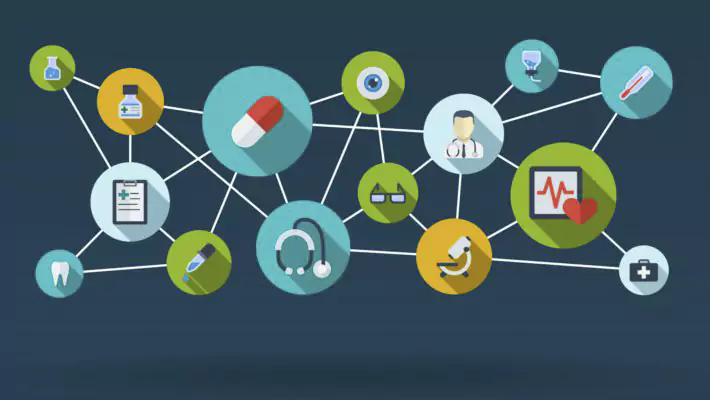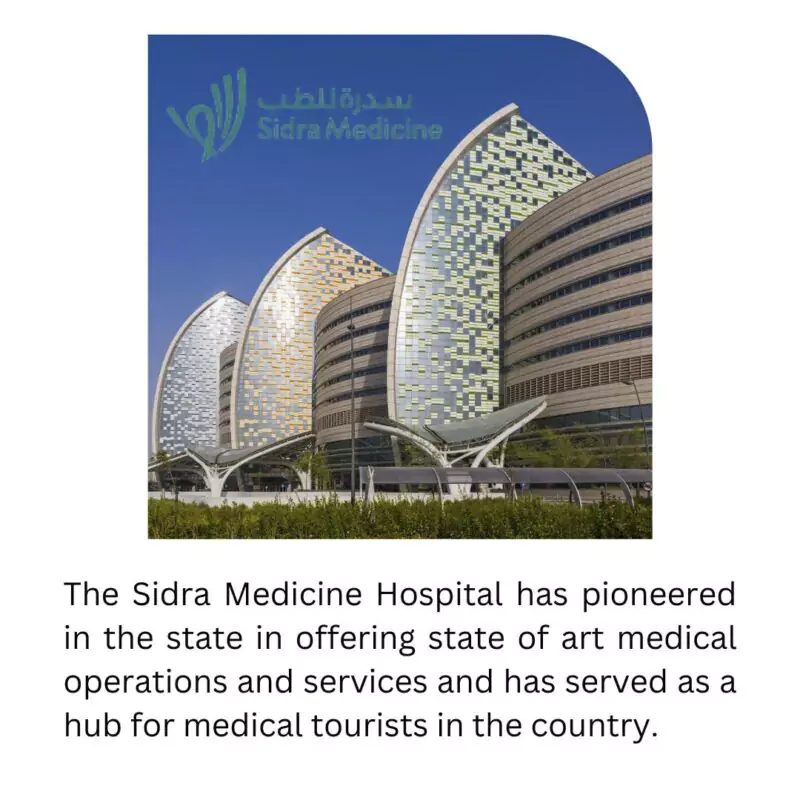01. Importance of Digital Transformation in Healthcare
Every health center sees a large number of patients, so it is crucial for these organizations to adopt digital strategies & solutions to deliver thorough and expedient patient care.
Most health-related businesses find it difficult (typically done manually) to cope with the enormous volume of patient data and records, which has an influence on patient treatment.
To give patients faster and better service, businesses must work with seasoned digital transformation services and invest in digital solutions.

Improving patient outcomes and containing the operational costs, increasing the aging population leading to chronic disease management, and also awareness among health-related issues in patients are the most common things any healthcare provider deals with.
The advancements in the Digital Transformation of Healthcare through the development of advanced medical records, integration of technologies such as the Internet of Things (IoT), Artificial Intelligence (AI), Machine Learning, & advanced analytics has been the solution to the above problems.
The following benefits can result from the Implementation of Digital Transformation in Healthcare:
- Accessible Healthcare Service– Through telemedicine platforms patients can receive medical advice from anywhere. This also helps doctors to maintain their patient relationship. Telemedicine plays an important role in follow-up cases, especially for medical tourists, who can get their follow-up consultation without traveling.
- Easy access to Healthcare Data– Many healthcare regulatory bodies are now investing in building a unified patient records system to avoid unnecessary tests, wrong medicine prescription and improve coordination and care across all healthcare provider sectors.
- Convenient Appointment Scheduling– Chatbots allow patients to manage their appointment schedule, and reschedule according to their convenience and hence improve the patient experience.
- Tracking Health Metrics in Real Time– The advancement of technology in the healthcare field has made tracking one’s blood pressure, and heart rate be monitored through wearable devices.
- Streamlined Workflow– Healthcare organizations that adopt a technology-driven work environment, have encountered decreased errors, better patient engagement, and satisfied doctors.
- Reduce operational costs and improve ROI– Hospitals can leverage the use of technology by improving in four key areas: patient flow, staffing, scheduling and supply chain management.
Improvement in 4 Key Areas

Patient Flow – It is considered one of the most difficult tasks operationally, automated processes and data-driven recommendations can decrease operational costs. Machine learning can categorize patients scheduled for admission, surgery, and discharge thus streamlining the patient journey.


Scheduling – Though more recently most healthcare facilities have moved on to real-time appointment booking, scheduling in terms of radiology tests, and operating theatres still remains a challenge. Machine learning algorithms can be used to predict the time taken for each procedure, the time required to sterilize the area, and what time it will be available for the next patient.

Supply Chain – Automating the supply chain of any business has shown to decrease operational costs by 50% & increase returns by 20%, healthcare is no exception. The process of gathering data, ordering, purchasing, and paying for medical & pharmaceutical supplies can be automated which will decrease inventory costs and wastage.
02. Role of AI in Healthcare
Artificial Intelligence (AI) refers to the simulation of human intelligence in machines that are programmed to think like humans and mimic their actions.
AI can be applied to various medical fields such as Diagnostics, clinical, surgical, rehabilitative, and preventive practices along with clinical decision-making.

Monitoring Patient Health
The model should cater to the ideology with which the business is being set up. It should define the mission, vision, and long-term goal of the project and should have a core specialty.

Early Detection
03. QATAR

The Healthcare sector in Qatar ranks among the top 5 in the world and the market is forecasted to reach an estimated net worth of $ 12 billion by 2024.
Qatar has a high per capita spending in healthcare for the MENA region , thus emphasizing that the government has prioritized the healthcare quality to be delivered for its population and helps build a healthcare ecosystem that will attract medical tourists.
that will initially focus on the promotion of the importance of healthy physical and mental well-being during the event. Post which it will work in collaboration to put forward various initiatives for the same. This will pave the way for specialized centers for wellness and rehabilitation services as well.
Qatar’s healthcare system is thriving due to the government’s constant efforts to promote and allocate investment in medical technology and R&D. Increase in Qatar’s population both the nationals as well as ex-pats indicate an increasing need for specialized facilities in the country.

04. Role of Forte Healthcare

Who We are?
For over 23 years, Forte Healthcare has developed and managed healthcare facilities that have been profitable across Dubai and GCC.
Additionally, Forte Healthcare apart from managing the operations also recommends to their clients a list of highly qualified physicians handling costs related to identification, negotiation, and recruitment.

Our Services
We provide comprehensive services from the inception of a project up to developing and building a highly productive healthcare business with state-of-the-art facilities and services and providing value-added care for our patients.
Featuring a customer-driven strategy, Forte Healthcare aims to consistently meet customer expectations and ensure sustainable growth.
The team at Forte closely evaluates the demand and supply across geographical location and suggest the appropriate positioning of the clinic brand.
Financial feasibility is expanded across all services and with a cost vs. benefit analysis to evaluate what’s relevant in each market, also The segmentation is vital for healthcare facilities given tier-based on insurances and facilities in GCC / Middle East countries.
An essential goal of vital arranging is to recognize inside qualities and deficiencies as well as outside dangers and opportunities. As a result of this contribution, you will have hierarchical ownership, which is vital to the execution and maintenance of your arrangement.
05. Summary

The Directors at Forte come from successfully starting and operating successful Aesthetic and wellness services chains in Asia, and GCC including UAE, Oman, Qatar, Kuwait, Bahrain & KSA.
Our expertise starts from the company structure, incorporation, bank accounts, commercial lease negotiations, location validation, facility layouts, regulatory compliance and approvals, design and architecture, construction management, Recruitment and onboarding, Branding, Social media marketing, PR, Launch and manage the facility ensuring business and operations objectives are met.
A business plan made by a team of Forte Healthcare is as follows:
1. Market overview and trends
- Demographics
- Regulatory compliance
- Supply gap
- Supply chain and logistics
- Insurance
- Facility updates
- Key demand drivers
2. Competitor analysis
- Direct competitors
- Indirect competitors
3. Services to be provided
4. Financial Model
- CAPEX
- Project timelines
- Revenue & EBITDA
